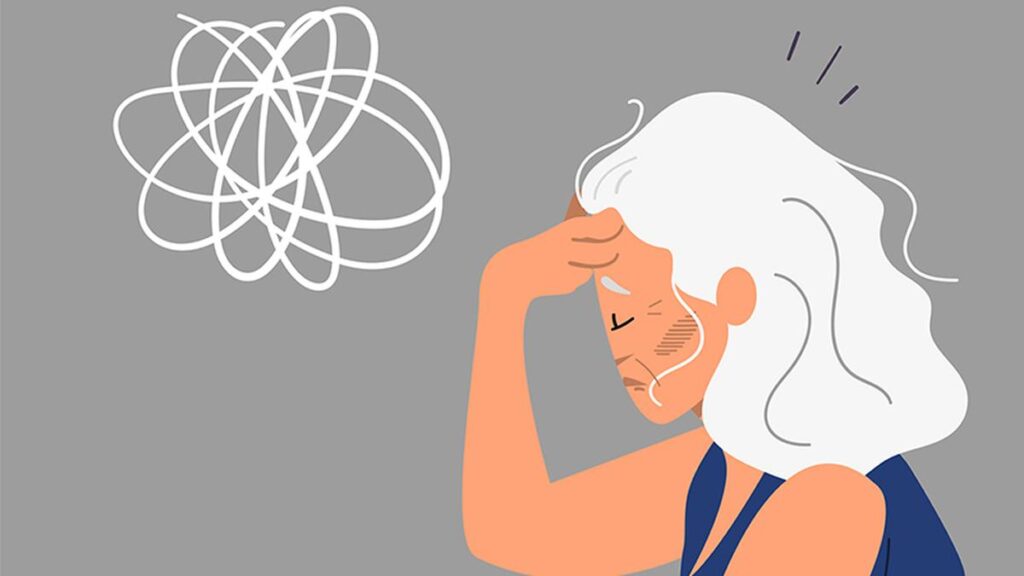Dementia, a condition that affects millions worldwide, has become a challenge of significant concern as the global population ages. Traditionally, care for dementia has relied heavily on medication, therapy, and the support of family and caregivers. However, now, the approach to dementia care is beginning to evolve in unexpected ways.
Researchers are exploring how technology, particularly robotics and Artificial Intelligence (AI), can play a deeper role in supporting human care.
Though still in its early stages, a notable example is the collaboration between Imperial College London and the Chennai-based Schizophrenia Research Foundation (SCARF), where a team is investigating how social robots could aid those living with dementia. The aim of this research is not only to provide companionship, but also to detect early signs of cognitive decline.

Use of social robots
The research seeks to use voice recognition and “social robots” to detect early signs of cognitive decline. Social robots are those that interact and communicate with humans by following social behaviors and rules. According to Ravi Vaidyanathan, professor in biomecharonics at Imperial College London, who leads the research, the idea is to engage people with dementia and use these interactions to monitor their cognitive health.
“We are looking at how we can use voice interactions to diagnose dementia. By collecting data over time, the AI can help doctors spot early warning signs,” Prof Vaidyanathan explained. He believes the technology has the potential to identify changes in speech, like hesitation, difficulty finding words, or changes in inflection, that could signal the early stages of dementia. “If we can get people to engage with the robot and enjoy the interaction, we create a richer dataset that may lead to more accurate diagnostics,” he added.
The pilot studies conducted so far are said to have shown encouraging results. In one particular study at SCARF, a social robot was used to engage participants diagnosed with dementia. The robot initiated conversations with people about their daily lives, asking simple questions such as, “How did you sleep last night?” and “How are you feeling today?”
Sridhar Vaitheshwaran, consultant psychiatrist and head of DEMCARES at SCARF, pointed out the positive outcomes, saying, “People with dementia were genuinely interested in the robot and engaged in meaningful conversations. It was clear that they were interacting with it not as a machine, but as a companion.” This finding highlighted the potential for robots to alleviate feelings of isolation that many people with dementia experience.

Data for early detection
Prof. Vaidyanathan noted that the key goal of the research isn’t just about keeping patients engaged but also about collecting meaningful data. “We’re gathering data in real-time, so it’s not just about engaging people. It’s about how we can make sure this interaction can lead to something useful. If we can detect early signs of dementia based on these conversations, we can better equip physicians with tools for early diagnosis,” he stated.
He also stressed the significance of regular check-ins. “By having conversations with people every day, we can observe fluctuations in their speech over time, which could be early indicators of cognitive decline.”

Challenges in scaling up, data privacy
One of the biggest challenges in scaling this research, however, lies in the cross-cultural differences in language, speech patterns, and patient engagement. By testing the technology in different cultural contexts, the team aims to make the AI more adaptable to various accents, linguistic nuances, and communication styles.
While the potential for social robots in dementia care is exciting, the project also faces the critical issue of data privacy.
In the context of AI, voice recordings and other personal data can raise significant concerns. Prof. Vaitheshwaran said of the importance of ethical research practices, “I think any research, any data that we gather from people needs to be protected and it has to be ethical, and we need to be careful about what we do with the data,” adding that the Indian Council of Medical Research (ICMR) has developed comprehensive guidelines for the use of patient data.
“All of our studies undergo thorough review by our Ethics Committee to ensure that the data is handled ethically and securely,” he said.
The use of voice data, especially in healthcare settings, poses unique privacy challenges. According to the team, the data gathered is handled privately. Close oversight of both the research team and participants is maintained to ensure a degree of control. “But when it comes to broader implementation, managing these aspects becomes much more complex — and that’s something the research community hasn’t fully resolved yet,” said Prof Vaidyanathan. He pointed out that as the research evolves, maintaining privacy during the broader deployment of the technology will be an ongoing concern.

Early intervention and reducing physician load
Looking ahead, Prof. Vaidyanathan said that the next step is to refine the technology for early dementia detection through AI-powered voice screening, which could alert physicians when further evaluation is needed. Ultimately, they aim to support clinicians and people with dementia through technology that is both effective and user-friendly.
“We want to move beyond just helping those already diagnosed with dementia. We aim to identify people at risk before they show any obvious symptoms.” He believes that if dementia is detected in its early stages, it could make a significant difference to managing the disease and improving patients’ quality of life.
The team also wants to explore combining voice data with other diagnostic methods, like urinary tract information or even genetic markers. “Voice interactions are one piece of the puzzle, but when combined with other diagnostic tools, we could create a more holistic approach,” Prof. Vaidyanathan said.
Published – July 02, 2025 07:35 pm IST

